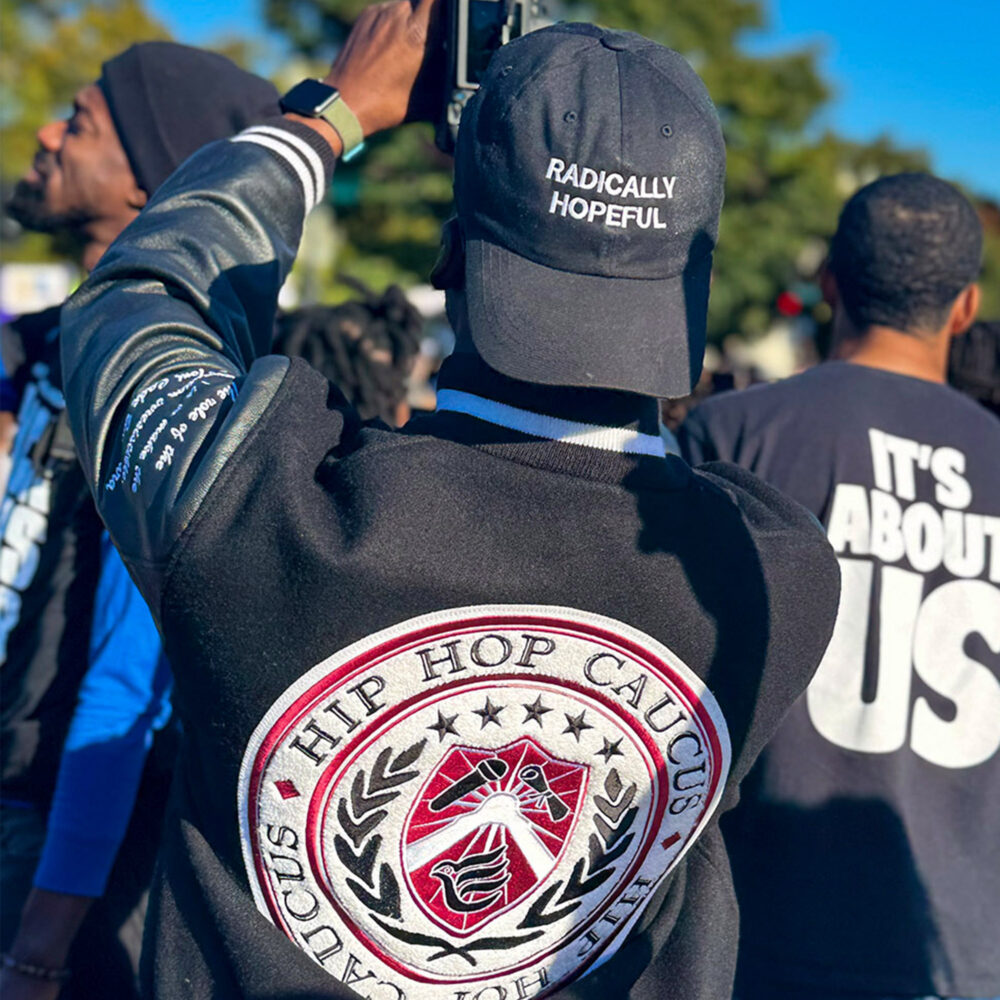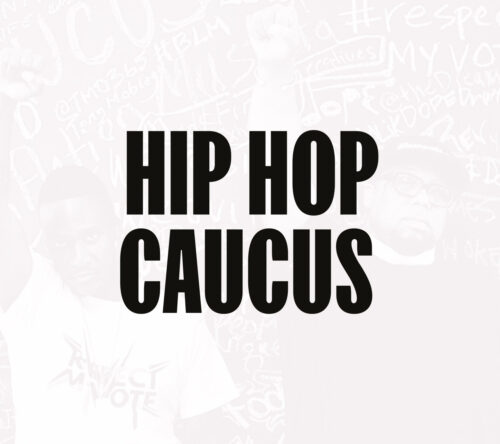WASHINGTON— A coalition of leading civil rights, worker advocacy and racial justice organizations is calling on some of the nation’s most influential corporations—Costco, Walmart, Wells Fargo, Bank of America, and State Street—to remain steadfast in their commitment to diversity, equity, and inclusion (DEI), amid a wave of corporate and political retrenchment on these commitments. This effort is led by the Racial Justice Capital Strategies Table, a coalition of civil rights and racial justice organizations, including Hip Hop Caucus, Majority Action and United for Respect, which are united in their commitment to advancing equity, accountability, and long-term corporate responsibility. The coalition’s letters, addressed to the respective board of directors, urge companies to continue prioritizing diversity, equity and inclusion as a business imperative, a driver of innovation, and a cornerstone of fair opportunity.
“In today’s climate, when fear and misinformation are driving companies to retreat from progress, it is more important than ever for corporate leaders to stand strong,” said Whitney Shepard, Co-Executive Director, Majority Action. “Costco’s own public statement that diversity is ‘integral to how we connect with and serve our members every day’ is exactly the kind of leadership we need. We are asking all companies to act in ways that reinforce trust and integrity, not fear and hypocrisy. It is critical that corporate leaders show that they will not abandon the commitments they made to their workers, customers, and communities.”
The letters emphasize that diversity, equity and inclusion are not simply corporate buzzwords, but critical factors in long-term business success and resilience. The letters highlight that retreating from equity commitments under political pressure risks both reputational and financial harm, while companies that integrate equity into their strategies see stronger employee retention, consumer trust, and competitive advantage.
“Our communities and the market are watching,” said Renaye Manley, Fellow at Harvard, Center for Labor and a Just Economy. “Companies that hold firm on equity and fairness are not only on the right side of history, they are building a future-proof business model. Those that backtrack risk losing both the trust of their stakeholders and their social license to operate.”
The signatories urge the companies to publicly reaffirm their commitment to racial equity, maintain transparency through EEO-1 reporting, and engage in regular civil rights and racial equity audits. These steps, the groups argue, are essential for ensuring that commitments translate into tangible and lasting impact.
“Now is the time to double down on equity and inclusion, not retreat. Companies have both a responsibility and an opportunity to ensure workers of color have equitable, safe, and supportive workplaces. Investing in racial equity is not just a moral imperative, it strengthens businesses, drives innovation, and creates lasting value for all stakeholders,” said Bianca Agustin, Co-Executive Director at United for Respect.
The letters also extend an invitation to corporate leaders to meet with civil rights organizations, offering a partnership approach to navigate the challenges and build on the progress made since 2020, a year in which these companies, and many others, made commitments to addressing systemic racism.
“Now is the time for leadership that is both principled and strategic,” stated Stephone Coward II, Economic Justice, Justice Paid in Full Campaigns Director at Hip Hop Caucus. “The companies that lean into this moment will not only set the standard for corporate America but will demonstrate that doing right by people and building strong, innovative businesses go hand in hand.”
###
Majority Action is a nonprofit organization dedicated to empowering shareholders of all sizes to hold corporations and their leadership accountable to high standards of long-term value creation, corporate governance, and social responsibility. www.majorityaction.us
Formed in 2004, the Hip Hop Caucus (HHC) is a non-profit, non-partisan organization that leverages Hip Hop culture to encourage young people to participate in the democratic process. Through a collaborative leadership network, HHC addresses core issues affecting underserved communities. HHC programs and campaigns support solution-driven community organizing led by today’s young leaders. www.hiphopcaucus.org
United for Respect (UFR) is a national non-profit organization. UFR is a multiracial movement of working people throughout the U.S. advancing a vision of an economy where our work is respected and our humanity recognized. UFR is not a labor union and does not intend or seek to represent retail employees over terms and conditions of employment or to bargain with retail employers. www.united4respect.org

